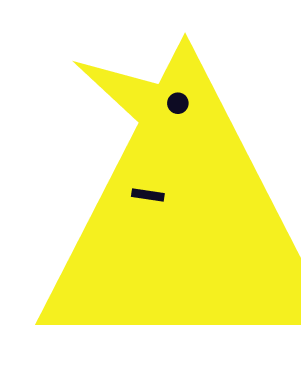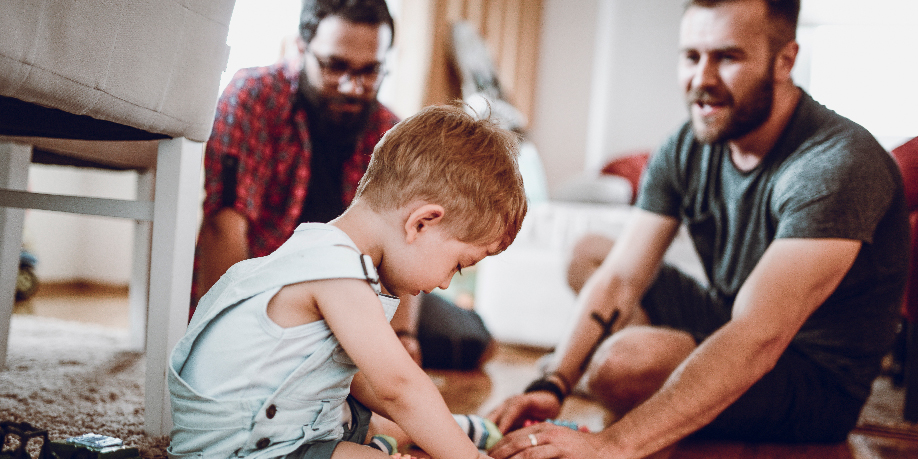6–12 months
This is a guide to how babies typically learn to communicate between 6-12 months.
Babies develop skills at different rates, but most one-year olds will:
- Listen carefully, and turn to someone talking on the other side of the room.
- Look at you when you speak and when their name is called.
- Babble strings of sounds, like ‘na-na’ and ‘go-go’.
- Make noises, point and look at you to get your attention.
- Smile at people who are smiling at them.
- Start to understand words like ‘bye-bye’ and ‘up’ especially when you use an action as well. For example, they put their hands up when you say ‘up’ and hold your hands out.
- Start to recognise some familiar words, e.g. ‘Daddy’, ‘milk’, ‘eyes’.
- Enjoy action songs and rhymes and get excited when sung to.
- Take turns in ‘conversations’ where you talk and they babble back to you.
- Turn to look where you’re pointing when you show them something and say ‘look’.
- Enjoy playing fun games (for example, Peekaboo) and let you know they want to play again if you stop.
- Start to say one or two recognisable words, for example ‘mama’, although these are not spoken very clearly.
Support babies aged 6-12 months' communication development

Things to look out for
Some children struggle with learning to talk and understand words. Possible signs to look at for at this early age include:
- Babies who do not respond to noises by 9 months of age.
- Babies who do point to things they are interested in by one year.
- Babies who do not try to gain your attention by making noises by one year. This could be through eye contact, facial expressions or reaching.
If you notice any of these things, have a closer look at the baby’s speech, language and communication skills using one of our free tools:
Follow the process in your setting/workplace for raising concerns. This should include discussing your concerns with the baby’s family and your SENCo. Statutory guidance is outlined in the SEND Code of Practice (2015).
Further support
For tips on how you can support babies aged 6-12 months’ communication skills, have a look at some of our educator resources:

